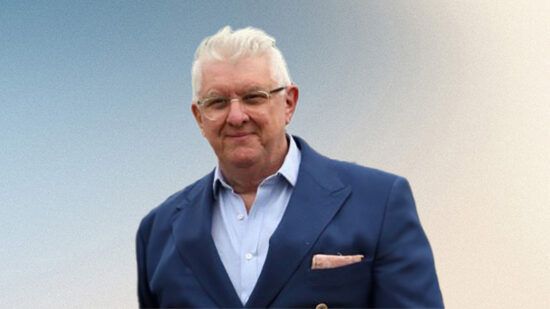Schroders has rebranded two funds to take sustainability considerations into account and has also launched an European sustainable cities index.
The Schroder Core UK Equity Fund has been restructured into the Schroder Sustainable UK Equity Fund to look into the themes of sustainable consumer goods and services, the energy transition, sustainable industries, sustainable infrastructure, and health and wellness. It will continue to be managed by Matt Bennison.
Pending unitholder agreement, the Schroder Responsible Value UK Equity Fund will also rebrand to the Schroder Global Sustainable Value Fund. At an event for the launch fund manager and head of value ESG Roberta Barr said looking at sustainability in a value fund marked a move away from sustainable global equities, where there is most product attention.
See also: – Lack of regional ESG products causing ‘unintended risks’ in managed funds
The fund will invest in undervalued ESG leaders, which Barr said were defined as those having a positive social impact and the best credentials relative to the peer group. Investable stocks are identified using a triple-lock method, first using proprietary tools such as Schroders’ SustainEx, external resources such as Sustainalytics and finally the team’s own analysis.
“We buy in the cheapest 20% of the market, which we then apply some stringent ESG criteria along with liquidity criteria. This still leaves us with enough names to reject over 85% of the companies in this universe when building our 40-60 stock portfolio,” Barr said.
Holdings include Japanese diagnostics company H.U. Group, which can also be found in other Schroders’ portfolios, although Barr said there is just some crossover after applying new sustainable criteria, leading to more exposure to some areas such as European insurance due to the exclusion of some sectors on ESG grounds.
Sustainable Cities Index
In order to chart environmental targets as a post-Covid recovery looks to ‘build back better’, Schroders has also launched a Sustainable European Cities Index ranking 59 cities on 13 equally weighted environmental policies.
Amsterdam is the current leaders, followed by London and Paris. Areas considered include renewable energy consumption targets, cleaner public transport, public electric vehicle charging stations, single use plastics, air quality, climate plans, carbon neutrality targets and waste policy.
Hugo Machin, portfolio manager and co-head of global cities at Schroders, said: “Both Amsterdam and Paris scored well on their ambitious 2050 targets for 100% of energy to come from renewable sources. In this category, London lagged somewhat with a target of 15% by 2030. This was lower than the EU’s renewable energy directive, which aims for 27% of final energy consumption from renewables by 2030 and which was used as an indication of best practice to guide the scoring in this category.”








